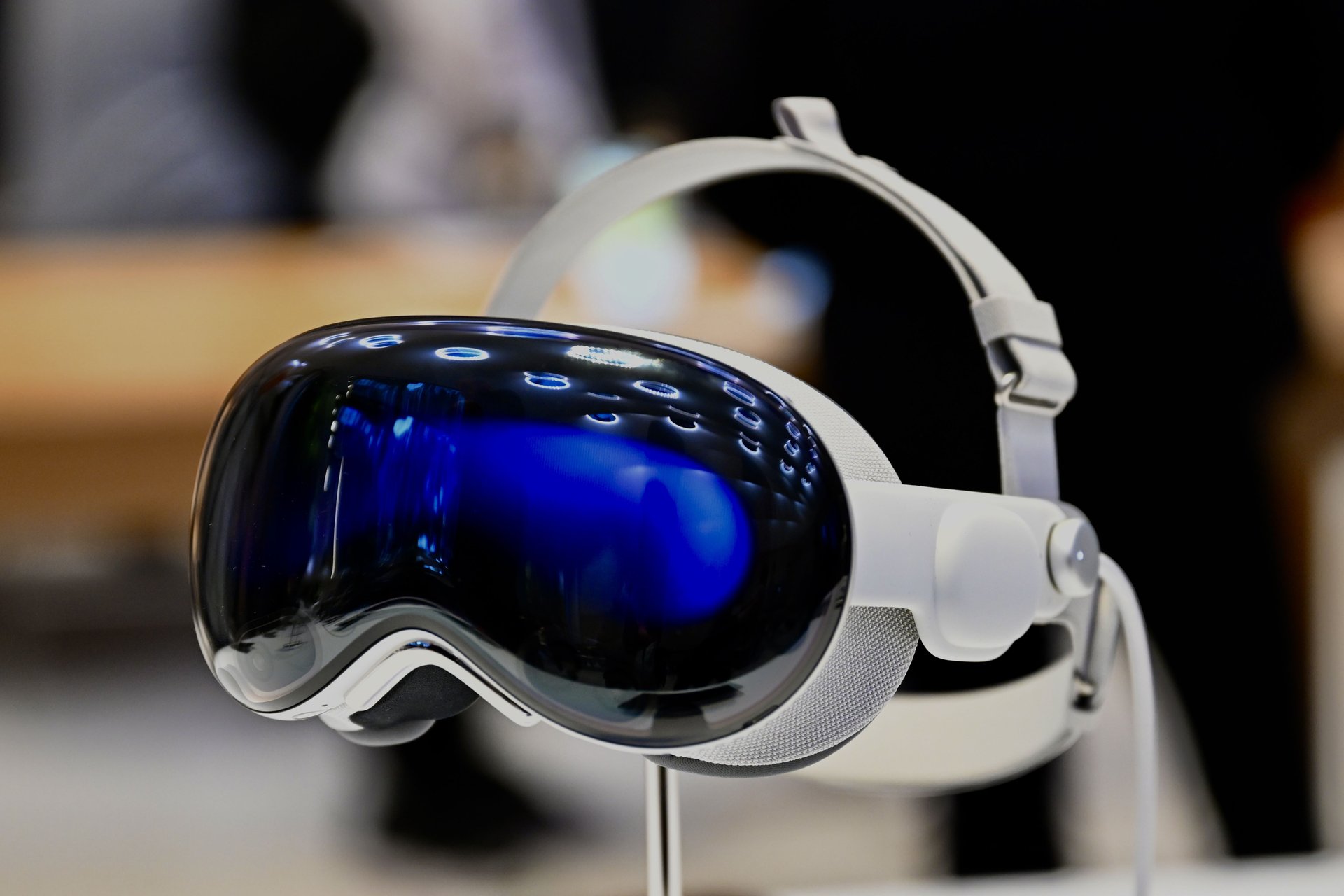Apple is reportedly working on smart glasses to rival Meta Ray-Bans
An analyst note from Ming-Chi Kuo has outlined Apple's plans for Vision Air headsets and AI-powered glasses that will launch in the coming years

Fatih Aktas/Anadolu via Getty Images
Apple’s extended reality (XR) ambitions appear to be far from over. The company is reportedly planning to roll out a suite of head-mounted devices — including updated Vision headsets and smart glasses — over the next several years, according to a research note from supply chain analyst Ming-Chi Kuo.
Suggested Reading
Kuo’s report outlines a roadmap of at least seven XR products in development, suggesting that Apple views head-mounted devices as a major pillar of its future hardware strategy. Among the potential releases is an upgraded M5-powered Vision Pro headset that is expected this year, followed by a lighter, more affordable Vision Air headset in 2027. The Vision Air is said to feature a redesigned, substantially lighter form factor with cost reductions that are achieved by swapping glass for plastic components and using fewer sensors.
Related Content
Perhaps most notable are Apple’s plans for smart glasses, which could arrive as soon as 2027. Kuo says Apple’s first model will resemble Meta’s Ray-Ban smart glasses but offer a premium build, featuring voice control, gesture recognition, a camera for video recording, and AI-based environmental sensing. These glasses wouldn’t include display functionality, but Apple is reportedly working on display-equipped XR glasses for 2028 that use waveguide-based color displays with AI features integrated.
Kuo estimates that Apple’s Ray-Ban-like smart glasses could ship three to five million units in their first year, driving overall smart glasses shipments past 10 million units in 2027.
Further down the line in 2028, Kuo says, Apple could launch a second-generation Vision Pro with a lighter design and lower price, alongside a second-generation pair of XR glasses. Kuo says that Apple’s development efforts on a tethered XR accessory have been paused over concerns that the device wouldn’t be competitively viable.
All that said, Apple hasn’t officially confirmed any of these projects. The company’s current flagship Vision Pro headset, which launched last year for $3,499, marked its first major foray into XR hardware.
While rivals such as Meta and Google race to capture early XR market share, Apple’s robust hardware integration and ecosystem remain key competitive advantages — though software and AI operating systems continue to be challenges for mass adoption.
